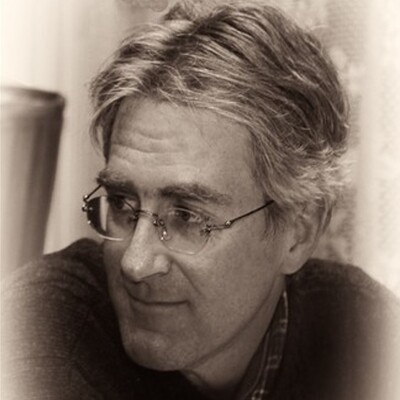Why Osama bin Laden Hates Microfinance
Has Osama bin Laden become the first prophet in a new line of Islamic Marxists? Or is he just another would-be dictator searching for specious arguments?
September 21, 2007
Has Osama bin Laden become the first prophet in a new line of Islamic Marxists? Or is he just another would-be dictator searching for specious arguments?
Consider the tape Osama bin Laden made for the sixth anniversary of the 2001 terrorist attacks.
He argues we should understand not only Afghanistan, Iraq, global warming, and poverty and hunger in Africa — but also the fact that so many Americans are “reeling…under the burden of interest-related debts, insane taxes, and real-estate mortgages” — as “one side of the grim face of the global system.”
Economic justice and global warming may be new themes for the al Qaeda leader, but he may just be joining an old, deeply disturbing tradition — the tradition of autocrats who assert and try to maintain authority by arresting economic development.
It’s not so surprising to find Osama sneering at capitalists’ supposed efforts “to turn the entire world into a fiefdom of the major corporations under the label of globalization in order to protect democracy.”
After all, he’s for theocracy, or rule by the word of God, and that’s antithetical to democracy, or rule by the people.
His hostility not just to democracy but also to globalization, however, reveals a more sinister fear shared by many who want to impose personal authority — and that’s the fear of processes that promote independent economic development.
In Osama’s case, it may be the fear that economic development will keep young men away from the mosques.
The notion that Osama’s jihadist solution covers the sub-prime mortgage crisis, admittedly, takes the breath away. There’s a certain grim logic to the idea that Islam’s ban on interest rates would put a real brake on sub-prime mortgage teaser rates.
In fact, teaser rates would never be allowed to rise above zero. And the no-covenant bonds that fund those mortgages wouldn’t be so risky if borrowers faced some of the more severe sanctions for lying in Islamic law.
But wait a minute. Osama’s revolution used to be about the outrage of infidel troops on holy land in Saudi Arabia — not the pains of over-extending for beach houses, wasn’t it.
In fact, that ban on interest rates — disputed by Islamic scholars, by the way — is just the extreme form of interest rate caps enacted around the world. True enough, these measures are often enacted in the name of the poor — but in the trenches of economic reality, they have the precise opposite effect of reserving credit access for the rich.
Look at some of the countries with the most restrictive interest rate caps: Algeria, Myanmar, Pakistan and Syria. Instead of protecting the poor from unscrupulous lenders, the caps in these countries have tended to strangle microfinance.
An off-shoot of banking made famous by Nobel laureate Muhammad Yunus’ Grameen Foundation, microfinance serves poor borrowers in remote areas who rarely have access to loans from mainstream financial institutions.
Surely, Osama would argue, a cap of, say, 30% protects the poor from usury. But suppose it costs 25% of the value of a $100 loan to a woman with a loom and some talented assistants in Pakistan’s remote Baluchistan just to get to her, check out the enterprise — and collect payments?
Even the safest investments earn 10% in Pakistan. As a result, such a loan at 30% interest would lose money if it were ever extended in the first place and the interest rate cap ends up depriving her of credit. But it won’t block big loans to software businesses in downtown Karachi.
Apart from interest rate regulations that have strangled microfinance in its crib, what else do Algeria, Myanmar, Pakistan and Syria have in common today?
Despite their adherence to much of bin Laden’s economic advice, they aren’t exactly known as paragons of economic justice and opportunity. What they share are autocratic, military governments.
And why should Osama’s economic vision dovetail with the way unpopular military regimes manage modern economies? Might it be because both wrest control of their people’s fate from them — by convincing them of external threats?
It is possible that the fear on the part of Osama and his al-Qaeda organization is not of materialism per se — despite the curious insistence of President Bush that its struggle stems from a resentment of America’s materialist way of life.
The rich revolutionary may harbor a deeper fear — of the prospect of the independent material advance of the poor.
Of course, no one, to my knowledge, begrudges the poor all forms of material advance. Independent material advance, however, is another story.
Just as independent material advance by a populous class threatens a military regime’s control of economic resources, so it threatens a religious regime’s claim to be the key to fulfillment.
The fact that the madrassahs, or Islamic schools, that al-Qaeda supports prepare young men for nothing but martyrdom — teaching them no languages but Arabic, no history, no law, no management skills or economics, and certainly no sciences, engineering, or mathematics — may not be an accident.
Young men who can fend for themselves and support families will not die for the glory of a leader who would have denied them independence.
Read previous
Now He Tells Us
September 20, 2007
